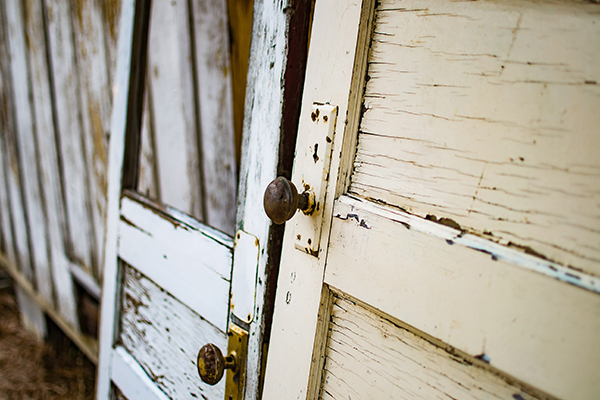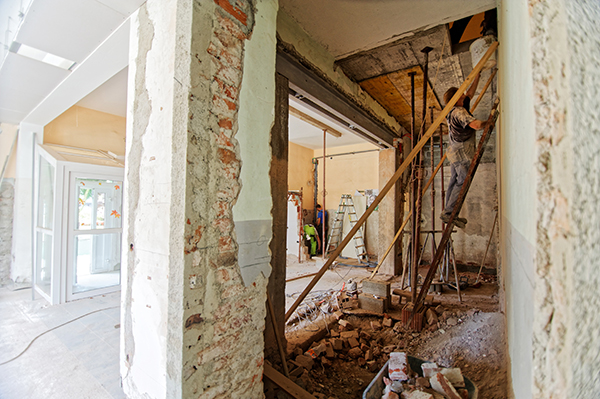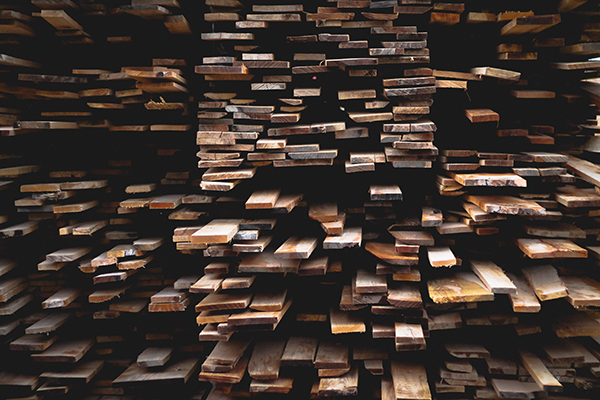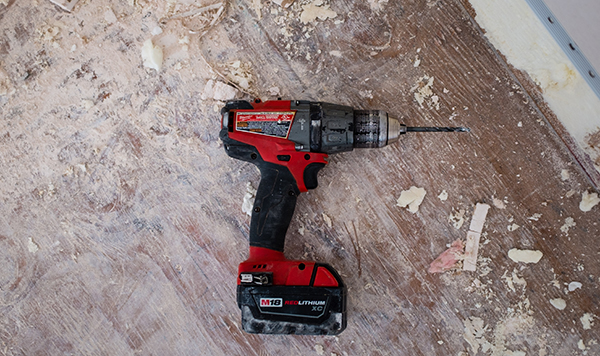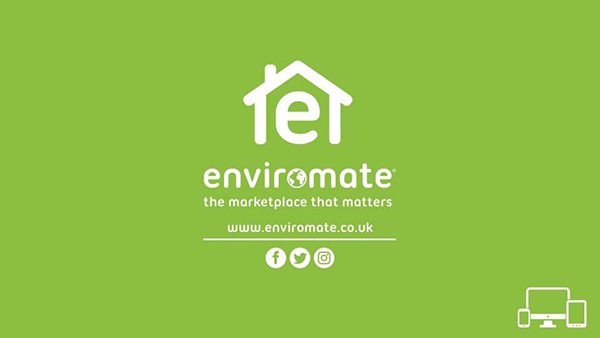According to data gathered by the Green Building Council, construction, demolition and refurbishment accounts for around 120 million tonnes of waste in the UK each year. The value of that perfectly reusable material ending up in landfill – 13% of which is still new and unused – is now over £1.5 billion annually.
Whilst working in the construction industry at various levels, Reiss Salustro-Pilson and Nigel Van Wassenhoven became frustrated by the wasteful nature of the sector. Witnessing first-hand just how much reusable material ends up in the skip (and ultimately, landfill), they went on a mission to address this problem.
At the beginning of 2015 they launched Enviromate, a peer-to-peer marketplace that keeps surplus and reusable materials from the construction and DIY industries out of the waste stream. Enviromate grew from simple renovation projects, where members took a few moments to take a picture of an old fireplace and list it for sale, or for free.
The self-funded platform has since earned itself the P.E.A Sustainability Awards, Pioneer of The Year, The Great British Entrepreneur Awards, Eco Entrepreneur of the Year Natwest Boost Award, to name a few.
The marketplace has kept 4,000 tonnes of material out of the waste stream. That’s enough to fill over four olympic swimming pools, with all that material valued at around £600,000. As well as working with over twenty charities and community projects across the country, national developers have also donated larger surplus through the platform.
“We call it disruptive regeneration, focused on harnessing the rise of both digital technology and sharing economy principles,” says Reiss. “We want to help propel the growth of the circular economy. When reusable materials are kept out of the waste stream, value is preserved and created rather than destroyed. By sharing and trading under-utilised material resources, the model is not only less environmentally damaging, but economically more efficient.”
He adds, “Whilst ‘reclaimed’ is starting to become more common in house design, unfortunately too often within property renovation – it pretty much all ends up in a skip. Bathroom suites, doors, windows, any building material can be reused. Whether it’s a pallet of bricks to a few single bricks, they can be used in someone else’s landscaping design. We live in an age of DIY enthusiasts and up-cycling. People re-purpose in very creative ways.”
Aged roof tiles, old bricks and recycled timber are just some of the most popular listings on the website. Other examples include glass bricks, garden pebbles and bathroom ceramics, some of which are listed for free.
“Quality is something that doesn’t age, and the best second hand materials are those that were well made at the beginning of their life,” Reiss says. “Always be aware of whether those materials can do the job. For instance reclaimed timber, unless stated, might not be the best option for structural work, but perfect for garden landscapes etc.”
The Enviromate marketplace is open to anyone – from tradesmen, DIY enthusiasts to upcyclers – and allows users to buy or sell anything from a few tins of paint to pallets of bricks, timber and roof tiles. It’s also completely free to join, list and sell. A premium membership is £9.99 a year, which gives users the option to unlock certain features and partner discounts.
And if you’re planning on embarking on a big home renovation, Reiss advises to do your homework beforehand, “Get an accurate estimate of how much material you will need. Put simply, good design minimises waste in the construction industry and for renovation projects, waste is only waste if we waste it. Always consider whether someone else can make use of those unwanted materials. You will be surprised at how many people are willing to pay for something you were going to throw in the skip!”
With special thanks to Enviromate for sponsoring this post.
Photo credits from top: Taduuda; Enviromate; Nick Tiemeyer; Milivoj Kuhar; Alex Jones; NeONBRAND



